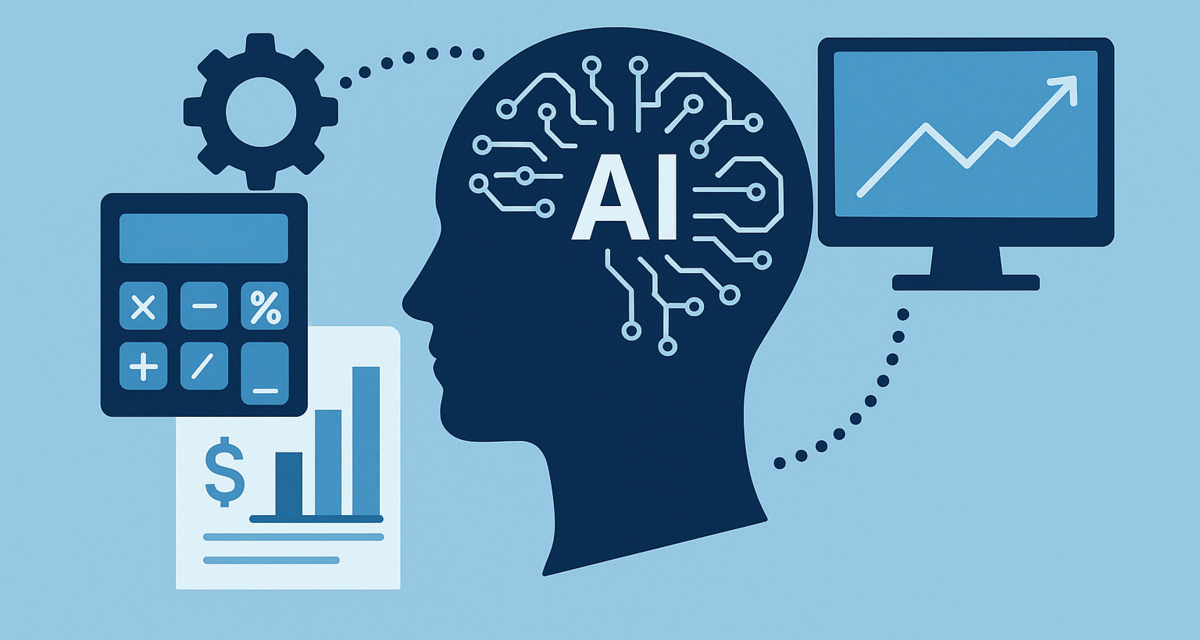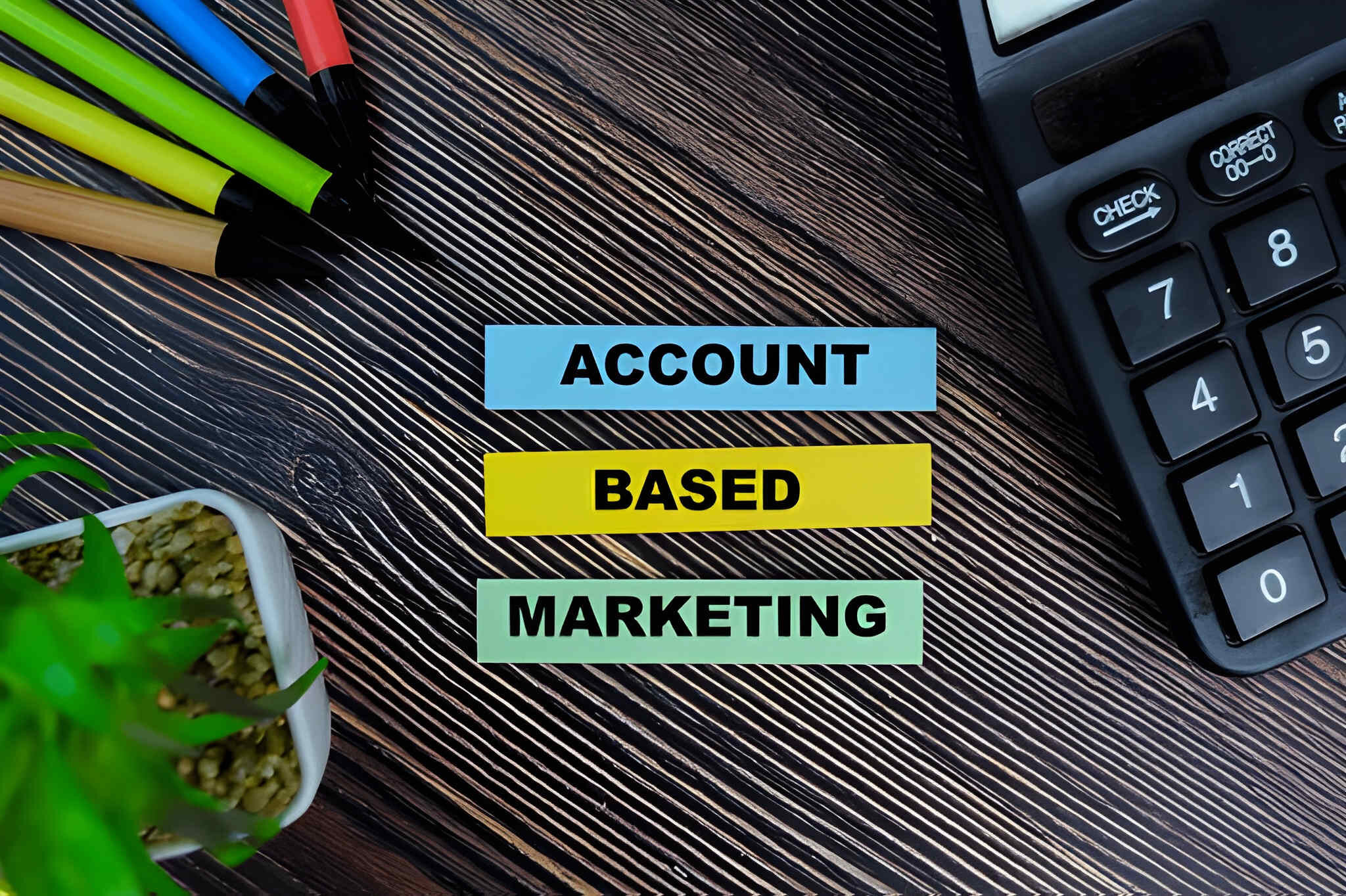Artificial intelligence is advancing rapidly, raising the question: Will AI replace accountants? This concern is particularly relevant in 2025, as AI continues to revolutionize industries, including accounting, by automating routine tasks and reshaping job roles.
However, while AI and accounting are increasingly intertwined, the human element remains irreplaceable for strategic insight, client relationships, and complex decision-making.
In this article, we’ll explore how new accounting technology is transforming the profession, the roles AI excels in, and where accountants continue to add unique value.
We’ll also address key questions like will accounting be replaced by AI and how professionals can adapt to stay ahead.
Will AI Replace Accountants? The Human Edge
While AI excels at repetitive tasks, the question will AI take over accounting overlooks the critical role of human expertise. Accountants bring skills that AI cannot replicate, such as:
-
Complex Decision-Making: Interpreting nuanced financial scenarios requires human judgment, especially in areas like mergers or regulatory changes. For example, understanding what is an SEO company can help accountants apply similar analytical skills to navigate complex business landscapes.
-
Client Relationships: Building trust and providing personalized advice are uniquely human. AI can generate reports, but it cannot empathize or tailor strategies to a client’s unique goals.
-
Ethical Judgment: Accountants adhere to strict ethical standards, ensuring compliance and integrity—areas where AI lacks contextual understanding.
A 2025 study by Stanford Graduate School of Business found that accountants using AI support 12% more clients and finalize monthly statements 7.5 days faster, with improved reporting granularity. This suggests that will accountants be replaced by AI is less likely than accountants leveraging AI to enhance their roles. To stay competitive, accountants can learn from is affiliate marketing legit discussions to understand how to adapt to emerging technologies ethically.
The Role Of Ai In Accounting: A Transformative Force
AI is not just a buzzword; it’s a game-changer in the accounting and AI landscape. From automating repetitive tasks to providing real-time insights, technology in accounting is enhancing efficiency and accuracy.

Here’s how AI is being integrated into the AI in accounting industry:
-
Automated Bookkeeping: Tools like QuickBooks and Xero, powered by AI, categorize expenses, reconcile accounts, and generate financial reports with minimal human input. This reduces errors and saves time. For instance, seo service providers use similar automation to streamline data analysis, improving efficiency in their workflows.
-
Tax Preparation: AI platforms like TurboTax automate tax calculations, identify deductions, and ensure compliance with evolving regulations. Understanding what is B2C sales can help accountants leverage AI to better serve individual clients.
-
Fraud Detection: Machine learning algorithms analyze vast datasets to detect anomalies and flag potential fraud, offering a level of precision that surpasses manual methods.
-
Financial Forecasting: AI-driven tools analyze historical data to predict cash flow, investment risks, and spending patterns, enabling data-driven decisions. Exploring b2b marketing service strategies can provide insights into how businesses use these forecasts for growth.
According to a 2024 survey by Intuit QuickBooks, 98% of U.S. accountants and bookkeepers reported using AI in their practice, up from 37% in 2023. This rapid adoption highlights the growing reliance on new accounting technology. However, as with any technology, there are limitations. To understand how businesses optimize their online presence for such tools, exploring the benefits of SEO can provide valuable context
Explore Our Digital Marketing Services!
AI Tools and Best Practices
Let’s examine key AI tools transforming the AI in accounting industry:
|
Tool |
Primary Function |
Benefit |
Limitation |
|
QuickBooks AI |
Bookkeeping and financial reporting |
Automates categorization, reduces errors |
Limited in strategic advisory roles |
|
TurboTax AI |
Tax preparation and deduction analysis |
Speeds up filing, ensures compliance |
Cannot interpret complex legal nuances |
|
Xero AI Assistant |
Invoice processing and cash flow forecasting |
Real-time insights, user-friendly |
Requires human oversight for accuracy |
|
Puzzle AI |
Financial management for startups |
Integrates with fintech tools |
Less suited for large enterprises |
Best Practices for Accountants:
-
Upskill in AI Literacy: Take courses on AI analytics to understand tools like AI SEO software for data-driven insights.
-
Focus on Advisory Roles: Shift toward strategic planning and client consultation, areas where AI cannot replicate human judgment.
Ensure Data Quality: AI’s effectiveness depends on accurate data inputs, similar to how digital marketing service campaigns rely on precise targeting.
The Future Of The AI Accountant: Collaboration, Not Competition
Rather than fearing is accounting going to be replaced by AI, professionals should view AI as a collaborator. The AI accountant enhances productivity by handling routine tasks, freeing accountants to focus on high-value activities like strategic planning and advisory services. For instance:
-
Real-Time Insights: AI tools provide instant financial analysis, allowing accountants to offer proactive advice. This mirrors how Duckduckgo vs Google debates highlight the importance of choosing the right tools for specific needs.
-
Scalability: AI enables small firms to compete with larger ones by automating workflows, similar to how best lead generation for realtors strategies level the playing field for smaller agencies.
-
Continuous Learning: Accountants must stay updated on AI advancements, much like businesses adapt to how to turn off meta AI to maintain control over their tech stack.
The U.S. Bureau of Labor Statistics projects a 4% growth in accounting jobs from 2022 to 2032, indicating that AI is not reducing jobs but shifting them toward advisory roles. Sage’s research suggests AI adoption could add £2 billion to the economy and create 20,000 jobs, reinforcing that technology in accounting is a growth driver.
Challenges And Opportunities In Ai Adoption
While AI offers significant benefits, challenges remain in the AI in accounting industry:
-
Data Security: AI systems require robust protections to prevent breaches, a concern also relevant to b2b marketing service strategies that handle sensitive client data.
-
Regulatory Compliance: AI struggles to adapt to rapidly changing regulations without human oversight.
-
Skill Gaps: 46% of business leaders cite skills gaps as a barrier to AI adoption, per McKinsey’s 2025 research. Accountants must invest in training to bridge this gap.
To overcome these, firms should integrate AI strategically, ensuring human oversight and continuous learning. Exploring seo service best practices can offer insights into effective technology integration.
FAQs
How soon will AI replace accountants?
AI is not likely to fully replace accountants in the near future. While AI can automate repetitive tasks like bookkeeping, tax preparation, and fraud detection, the human element remains critical in areas like complex decision-making, client relationships, and ethical judgment. AI will enhance the roles of accountants rather than replacing them entirely, enabling them to focus on higher-value tasks such as strategic planning and advisory services.
Is AI a threat to accountants?
AI is not a direct threat to accountants, but rather an opportunity for them to evolve and enhance their roles. While AI can automate routine tasks, accountants who embrace these technologies and shift toward advisory and strategic roles will remain valuable. The key is for accountants to adapt, upskill in AI literacy, and focus on areas where human expertise is irreplaceable, such as client relationships and ethical decision-making.
What jobs will AI actually replace?
AI is expected to replace jobs that involve repetitive and manual tasks that can be automated with technology. In the accounting field, this includes tasks like bookkeeping, data entry, and tax calculations. AI tools can handle large datasets efficiently, making processes like fraud detection and financial reporting faster and more accurate. However, jobs requiring human judgment, creativity, and interpersonal skills will not be replaced.
What jobs cannot be replaced by AI?
AI cannot replace jobs that require human judgment, creativity, and emotional intelligence. In accounting, this includes strategic decision-making, complex problem-solving, client relationship management, and ethical judgment. Professions that require personalized, nuanced advice, such as those in healthcare, law, and consulting, are also less likely to be fully automated by AI. The human touch in building trust and tailoring strategies to individual clients is something AI cannot replicate.
Conclusion
The rise of AI in accounting is transforming the industry, but it does not spell the end of accounting jobs. AI is an incredibly powerful tool that enhances efficiency, reduces errors, and automates repetitive tasks.
However, it cannot replace the human expertise, critical thinking, and strategic decision-making that accountants provide.
Rather than viewing AI as a competitor, accountants should see it as an opportunity to elevate their profession. By embracing AI-driven tools, focusing on advisory roles, and strengthening their expertise, accountants can secure their place in the future of the industry.
The question is not "Will AI replace accountants?" but rather "How will accountants evolve alongside AI?" The future of accounting will be a collaboration between technology and human intelligence, with AI handling data processing and accountants providing strategic insights.
As businesses continue to rely on financial professionals for guidance, accountants who adapt to these changes will not only survive but thrive. The key is to leverage AI as a tool to enhance efficiency while continuing to deliver the personal expertise that clients value.



![What is UX Design [Explained 2026]](/insights/10259/image-thumb__10259__item_home_352_201/what%20is%20ux%20design.jpg)



